Did you know that Algeria is home to over 200 sacred natural sites, each preserving a unique blend of cultural heritage and ecological diversity? These sites, spread across the country, hold immense significance for local communities and play a crucial role in the conservation of Algeria’s rich biodiversity.
Key Takeaways:
- Algeria boasts over 200 sacred natural sites that embody the harmonious coexistence of culture and nature.
- These sacred landscapes are vital for the preservation of Algeria’s ecological heritage and biodiversity.
- Local communities hold strong spiritual and cultural connections to these sites.
- Conservation efforts in Algeria focus on safeguarding these sacred natural sites and the wildlife they support.
- Exploring Algeria’s sacred natural sites offers a unique opportunity to immerse oneself in the country’s rich cultural and natural tapestry.
Djebel Aissa National Park: A Hidden Gem
Djebel Aissa National Park, located in the province of Mascara, is a true hidden gem nestled in the heart of Algeria. This park encompasses a vast expanse of mountainous terrain, providing visitors with an incredible opportunity to explore diverse ecosystems and immerse themselves in the breathtaking beauty of Algeria’s natural landscapes.
With a rich history and unique geography, Djebel Aissa National Park offers an experience unlike any other. The park’s captivating flora and fauna make it a must-visit destination for both nature enthusiasts and those interested in the cultural and spiritual significance of Algeria’s sacred sites.
“Djebel Aissa National Park is a sanctuary of natural wonders, where the marvels of biodiversity meet the tranquility of sacred landscapes.”
As you venture through Djebel Aissa National Park, you’ll encounter an array of remarkable sights. Towering mountains, deep valleys, and lush forests paint a picturesque backdrop that will leave you in awe. The park’s geographical diversity creates various microclimates, contributing to its astonishing biodiversity and making it a haven for numerous plant and animal species.
The Flora and Fauna of Djebel Aissa National Park
The park boasts a rich diversity of flora and fauna, with many endemic species that can only be found within its boundaries. From vibrant wildflowers and ancient trees to elusive wildlife, Djebel Aissa National Park showcases the wonders of Algeria’s natural heritage. Efforts to preserve and protect these species and their habitats are integral to the park’s conservation initiatives.
| Flora |
Fauna |
| Endemic wildflowers |
Barbary macaques |
| Cedar trees |
Atlas mountain deer |
| Mediterranean cypress |
Desert foxes |
| Oleander |
Birds of prey |
Whether you’re an avid hiker, a nature photographer, or simply someone looking to connect with nature, Djebel Aissa National Park offers a myriad of recreational activities. Explore the park’s well-maintained trails, observing the incredible wildlife along the way. Capture the park’s beauty through your lens or simply soak in the tranquility that surrounds you.
Preserving Djebel Aissa National Park for Future Generations
Conservation efforts play a vital role in maintaining the park’s ecological balance and safeguarding its cultural and historical significance. Djebel Aissa National Park strives to address environmental challenges such as deforestation, climate change, and illegal poaching through various initiatives. By promoting sustainable practices, raising awareness, and engaging local communities, the park aims to preserve its natural wonders for generations to come.
Immerse yourself in the wonders of Djebel Aissa National Park, where nature’s treasures and cultural heritage converge. Discover the hidden gems within this remarkable sanctuary, and embark on a journey that will leave you with cherished memories of Algeria’s breathtaking natural landscapes.
The Geography and Climate of Djebel Aissa National Park
Djebel Aissa National Park showcases stunning physical features that make it a remarkable destination for nature lovers. Its geography is characterized by majestic mountains, deep valleys, and lush forests, creating a captivating landscape that captivates visitors. This national park, located in Algeria, is known for its diverse microclimates resulting from its geographical diversity, which contributes to the park’s rich biodiversity.
The park’s geography plays a significant role in nurturing a wide range of plant and animal species. The mountains provide a sanctuary for unique flora, including rare orchids and endemic plants. The deep valleys are teeming with life, offering habitats for various wildlife such as Barbary macaques, African golden wolves, and wild boars. The lush forests provide a haven for countless bird species, making it a paradise for avid birdwatchers.
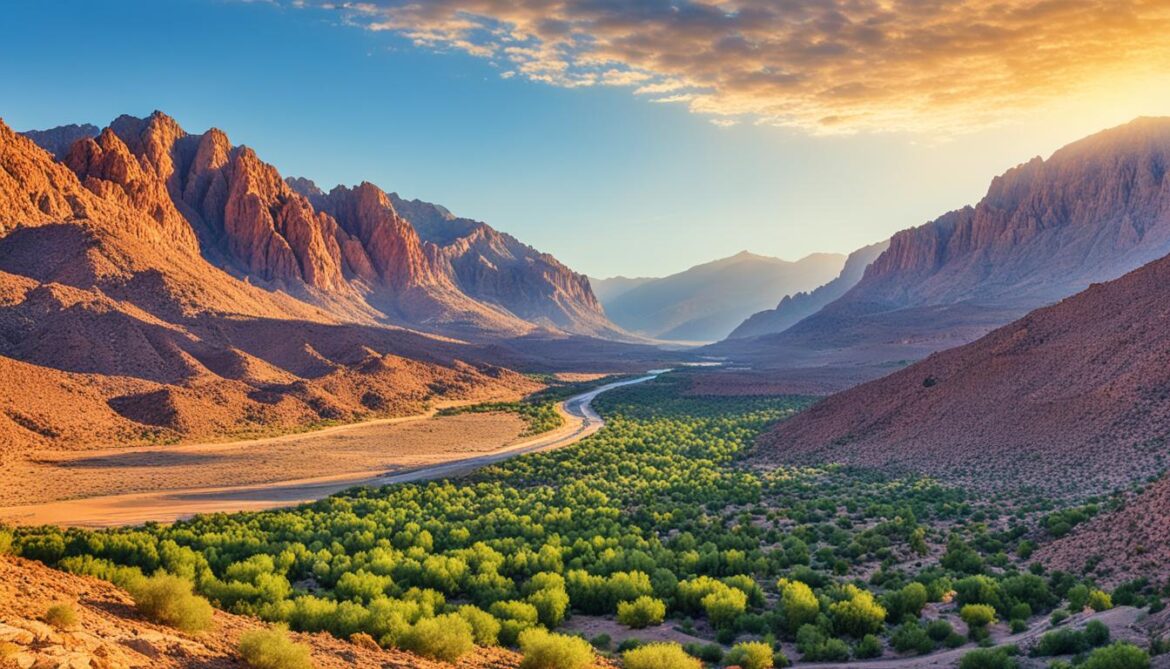
The diverse geography of Djebel Aissa National Park also results in distinct microclimates throughout the area. During winter, the park experiences cold temperatures, often dipping below freezing point in higher elevations. The summers, on the other hand, are characterized by hot and dry weather, creating an arid environment in certain parts of the park.
The geographical diversity of Djebel Aissa National Park contributes to its high biodiversity and serves as a lush backdrop for nature enthusiasts to explore and appreciate. From stunning mountain peaks to verdant valleys, every corner of the park unveils a unique natural wonder.
Exploring Djebel Aissa National Park means immersing oneself in the captivating geography and experiencing the ever-changing microclimates. Whether it’s hiking through the rugged mountains, navigating the deep valleys, or simply basking in the serenity of the lush forests, visitors are sure to be enchanted by the park’s natural beauty.
The Flora and Fauna of Djebel Aissa National Park
Djebel Aissa National Park is renowned for its astonishing array of flora and fauna. This park is a haven for biodiversity conservation in Algeria, preserving a wide variety of plant and animal species that contribute to the rich ecological tapestry of the region. The unique combination of geographical features, climate conditions, and protective measures has resulted in the park becoming a treasure trove of endemic species found nowhere else in the world.
The park’s flora is a vibrant tapestry of botanical wonders, showcasing a diverse range of plants, flowers, and trees. From resplendent wildflowers carpeting the meadows to ancient trees providing shade and refuge, every step through Djebel Aissa National Park reveals a new botanical marvel. The park’s commitment to biodiversity conservation ensures the protection of endangered plant species and their natural habitats, safeguarding their survival for future generations.
The fauna of Djebel Aissa National Park is equally remarkable, with a wide range of animal species calling this natural paradise home. Visitors to the park may spot elusive carnivores such as the Barbary lion and striped hyena, or encounter majestic ungulates like the Barbary stag and North African gazelle roaming freely in their natural habitat. The park also provides a safe haven for a diverse bird population, including many migratory species that traverse the skies during different seasons.
Conservation efforts within Djebel Aissa National Park are paramount. The park’s dedicated teams work tirelessly to protect and preserve the fragile ecosystems and the wildlife that depend on them. Endangered species management programs, habitat restoration initiatives, and anti-poaching campaigns are just some of the ongoing conservation measures in place. These efforts contribute to the broader mission of biodiversity conservation in Algeria, safeguarding the nation’s natural heritage and promoting the long-term sustainability of its ecosystems.
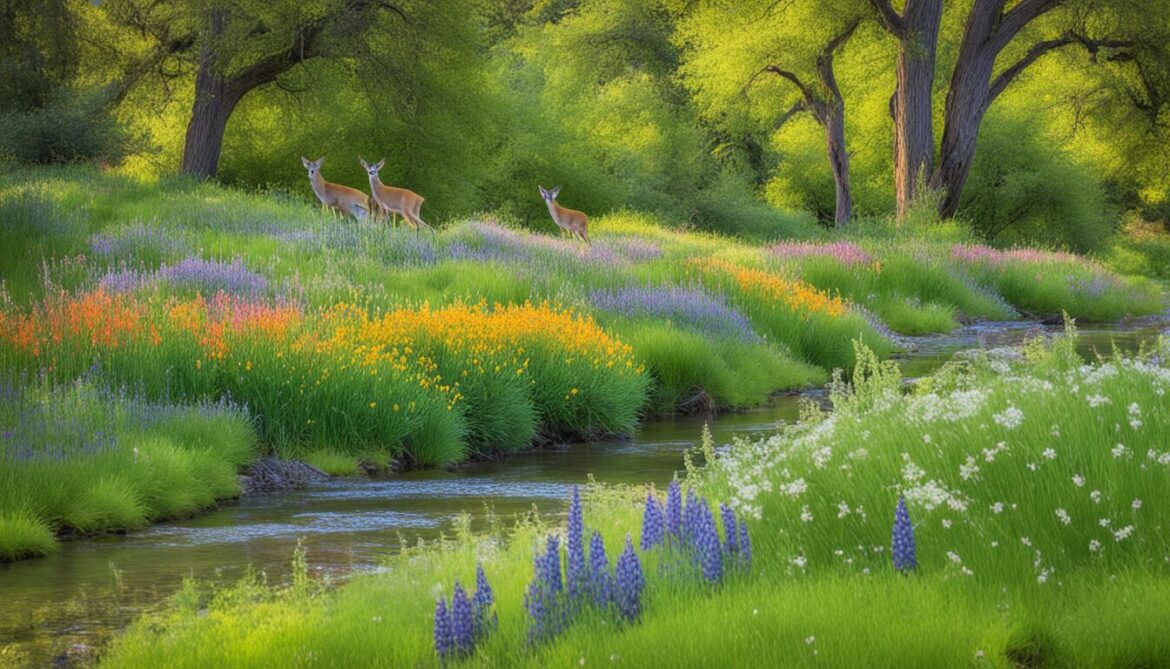
Conserving Algeria’s Natural Wealth
The wealth of flora and fauna within Djebel Aissa National Park reflects the significance of protecting Algeria’s biodiversity. The park serves as an important nature reserve that contributes to the preservation of Algeria’s precious wildlife and natural ecosystems. By raising awareness about the importance of biodiversity conservation and implementing sustainable practices, Algeria strives to ensure the long-term survival of its unique plant and animal species.
Recreational Activities in Djebel Aissa National Park
Exploring Djebel Aissa National Park offers a multitude of recreational activities, allowing visitors to immerse themselves in the beauty and tranquility of Algeria’s natural landscapes. Whether you’re an adventure seeker or simply looking to connect with nature, this park has something for everyone to enjoy.
Hiking and Climbing
One of the most popular activities in Djebel Aissa National Park is hiking and climbing. The park offers well-maintained trails and paths that cater to all skill levels, from beginner to advanced. Trek through breathtaking mountainous terrains, witness stunning panoramic views, and discover hidden gems along the way. Whether you prefer a leisurely stroll or a challenging climb, the park’s diverse landscapes provide an unforgettable experience for all nature enthusiasts.
Birdwatching and Wildlife Observation
Djebel Aissa National Park is a haven for birdwatching and wildlife observation. With its abundance of unique and endemic species, this park offers a thrilling opportunity to spot rare birds and observe diverse wildlife in their natural habitats. Grab your binoculars, keep your camera ready, and prepare to witness the mesmerizing beauty of Algerian fauna.
Nature Photography and Painting
For those with a passion for art and creativity, Djebel Aissa National Park provides endless opportunities for nature photography and painting. Capture the park’s breathtaking landscapes, vibrant flora, and magnificent wildlife through your lens, or express your artistic talent by painting the scenic beauty surrounding you. Allow the park’s captivating charm to inspire your artistic expressions and create lasting memories.
“Djebel Aissa National Park is a paradise for outdoor enthusiasts, offering a range of recreational activities that cater to different interests and passions. From hiking and climbing to birdwatching and nature photography, each activity allows visitors to connect with the park’s sacred landscapes and marvel at Algeria’s natural wonders.” – Sarah Thompson, Nature Enthusiast
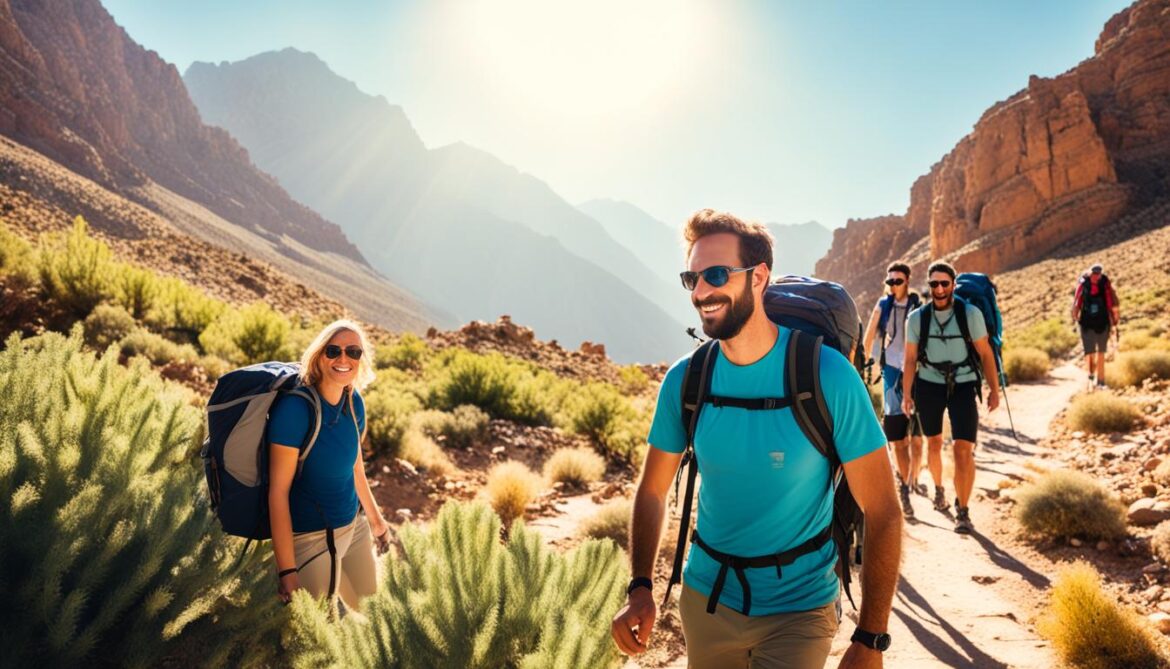
Conservation Efforts and Environmental Challenges
Djebel Aissa National Park is committed to the preservation and protection of its unique flora and fauna. Through various conservation strategies, the park actively works towards safeguarding its biodiversity and ensuring the ecological health of the area.
One of the key conservation approaches implemented in Djebel Aissa National Park is the establishment of species management programs. These programs focus on monitoring and managing the populations of endangered and vulnerable species, helping to stabilize their numbers and prevent further decline. By closely monitoring the wildlife within the park, conservationists can make informed decisions and take necessary actions to support the survival and thriving of these species.
Furthermore, the park places a strong emphasis on environmental education initiatives. Through educational programs and outreach activities, visitors and local communities are educated about the importance of biodiversity conservation and the role they can play in preserving the natural wonders of Djebel Aissa National Park. By raising awareness and fostering a sense of responsibility towards environmental protection, these initiatives contribute to the overall sustainability of the park.
“Conservation is not just the responsibility of park authorities but also a collective effort involving the local communities, visitors, and stakeholders. Together, we can make a meaningful impact on the preservation of Djebel Aissa National Park’s unique ecosystems and wildlife.”
Despite the dedicated conservation efforts, the park still faces significant environmental challenges. Deforestation poses a threat to the park’s habitats, as illegal logging activities continue to diminish the forest cover. Efforts are being made to combat deforestation and promote sustainable practices to ensure the long-term health of the park’s ecosystems.
Climate change is another pressing concern. Rising temperatures, altered rainfall patterns, and extreme weather events disrupt the delicate balance of the park’s biodiversity. By monitoring and researching the impacts of climate change, Djebel Aissa National Park can develop strategies to mitigate these effects and support the adaptation of its flora and fauna.
Additionally, poaching remains a serious issue in the park. Illegal hunting threatens the survival of endangered species and disrupts the natural dynamics of the ecosystem. To combat poaching, anti-poaching efforts have been intensified, including increased surveillance, collaboration with law enforcement agencies, and community engagement.
Ongoing conservation efforts are dedicated to addressing these challenges and ensuring the long-term sustainability of Djebel Aissa National Park. Through collaborative partnerships, scientific research, and community involvement, the park strives to protect its unique biodiversity, promote environmental stewardship, and preserve the natural heritage of Algeria for future generations to enjoy.
Conservation Efforts at Djebel Aissa National Park
| Conservation Strategy |
Description |
| Species Management Programs |
Monitoring and managing endangered and vulnerable species to prevent further decline and support population stability. |
| Environmental Education Initiatives |
Educating visitors and local communities about the importance of biodiversity conservation and fostering a sense of responsibility towards environmental protection. |
| Anti-Poaching Efforts |
Intensifying surveillance, collaborating with law enforcement agencies, and engaging local communities to combat illegal hunting. |
| Research and Monitoring |
Conducting scientific research and monitoring the impacts of climate change and other environmental factors on the park’s biodiversity. |
| Community Partnerships |
Collaborating with local communities, stakeholders, and organizations to foster a shared commitment to conservation and sustainable practices. |
These conservation strategies at Djebel Aissa National Park are crucial in protecting the park’s biodiversity, preserving its ecological balance, and raising awareness about the value of Algeria’s natural heritage.
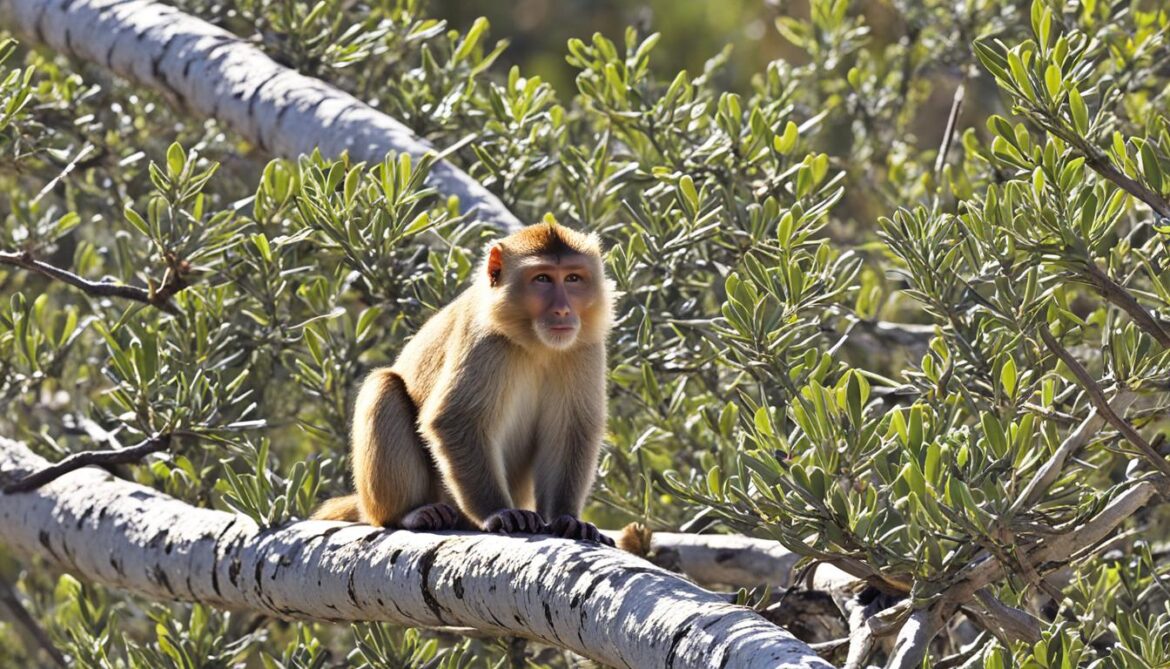
Cultural Significance and Historical Sites in Djebel Aissa National Park
Djebel Aissa National Park holds great cultural and spiritual importance for local communities. Many places within the park are considered sacred and have deep-rooted cultural significance. The park’s stunning natural landscapes, combined with its historical and archaeological sites, offer visitors a unique opportunity to explore Algeria’s cultural heritage.
The park is home to Algerian sacred landscapes that have been revered for centuries. These landscapes hold spiritual significance and are often associated with rituals and ceremonies performed by local communities. Visitors to Djebel Aissa National Park can immerse themselves in the peaceful and serene atmosphere of these sacred sites, connecting with the deep-rooted spirituality of Algeria.
In addition to its sacred landscapes, the park is also rich in historical sites. Archaeological discoveries have revealed the presence of ancient cultures that once inhabited the region. Ruins, rock art, and ancient structures provide glimpses into the lives and traditions of these past civilizations. Exploring these historical sites adds another layer of richness to the visitor’s experience and offers a valuable opportunity for cultural and historical discovery.
Exploring the cultural and historical aspects of Djebel Aissa National Park allows visitors to appreciate the deep-rooted connections between nature and human civilization. It offers a profound understanding of Algeria’s cultural heritage and contributes to the preservation of its historical sites for future generations.
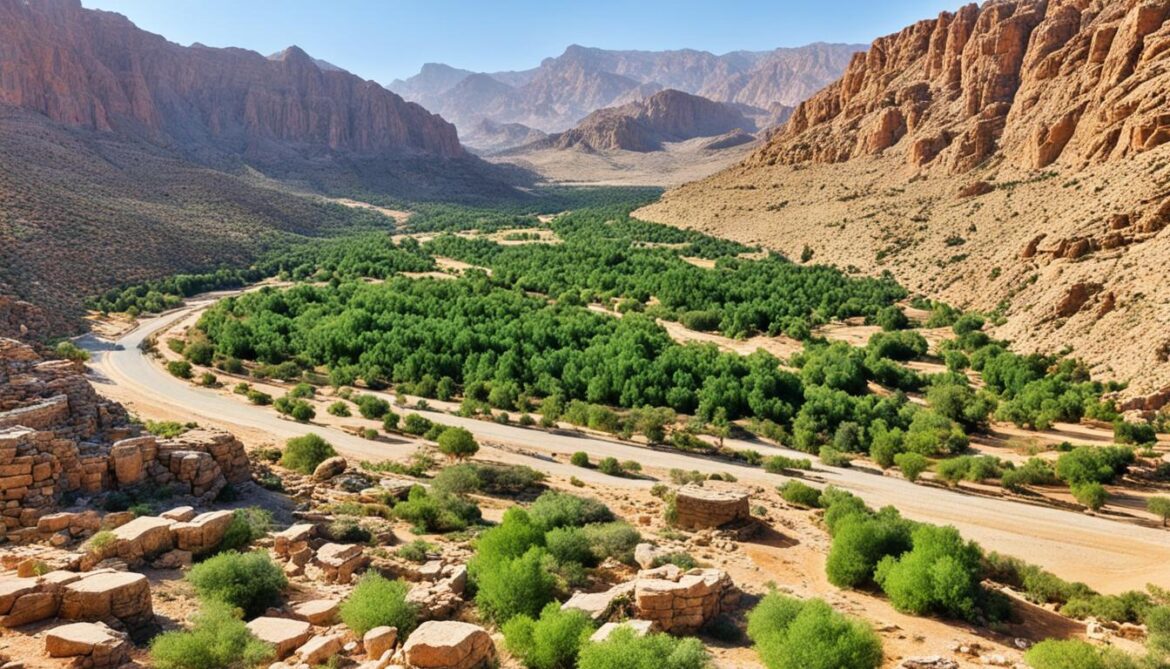
| Historical Sites |
Description |
| Timgad |
An ancient Roman city known for its well-preserved ruins, including a theater, baths, and arches. |
| Djemila |
A UNESCO World Heritage Site with well-preserved Roman ruins, including temples, forums, and houses. |
| Tassili n’Ajjer |
A vast plateau with rock paintings and engravings dating back thousands of years, showcasing the region’s prehistoric cultures. |
Visitor’s Guide to Djebel Aissa National Park
If you’re planning a visit to Djebel Aissa National Park, it’s essential to familiarize yourself with the park’s accessibility and navigation. This comprehensive visitor’s guide will provide you with all the necessary information to ensure a seamless and enjoyable experience in one of Algeria’s most remarkable natural sites.
Getting to Djebel Aissa National Park
The park is conveniently accessible by road from nearby cities. Whether you’re traveling from Algiers, Oran, or Mascara, there are well-maintained roads leading to the park’s entrance. You can choose to drive your own vehicle or opt for public transportation, such as buses or taxis, to reach the park.
Exploring the Park
Once inside Djebel Aissa National Park, you’ll have various options for exploring its stunning landscapes and diverse ecosystems. The park features an extensive network of trails and paths that are perfect for experiencing the natural beauty on foot or by bicycle. Whether you’re an avid hiker or a leisurely stroller, the park offers routes suitable for all fitness levels and preferences.
Following Park Rules and Recommendations
To ensure the preservation of the park’s precious biodiversity, it’s crucial to adhere to the designated rules and recommendations. These guidelines are in place to protect the flora, fauna, and natural habitats of Djebel Aissa National Park. Respect the park’s boundaries, stay on marked trails, and refrain from removing or disturbing any natural elements. By doing so, you contribute to the long-term conservation efforts and help maintain the park’s ecological balance.
Additionally, visitors are encouraged to practice responsible tourism by bringing back any waste and disposing of it properly. Leave only footprints, take only memories, and ensure that future generations can also enjoy the splendor of Djebel Aissa National Park.
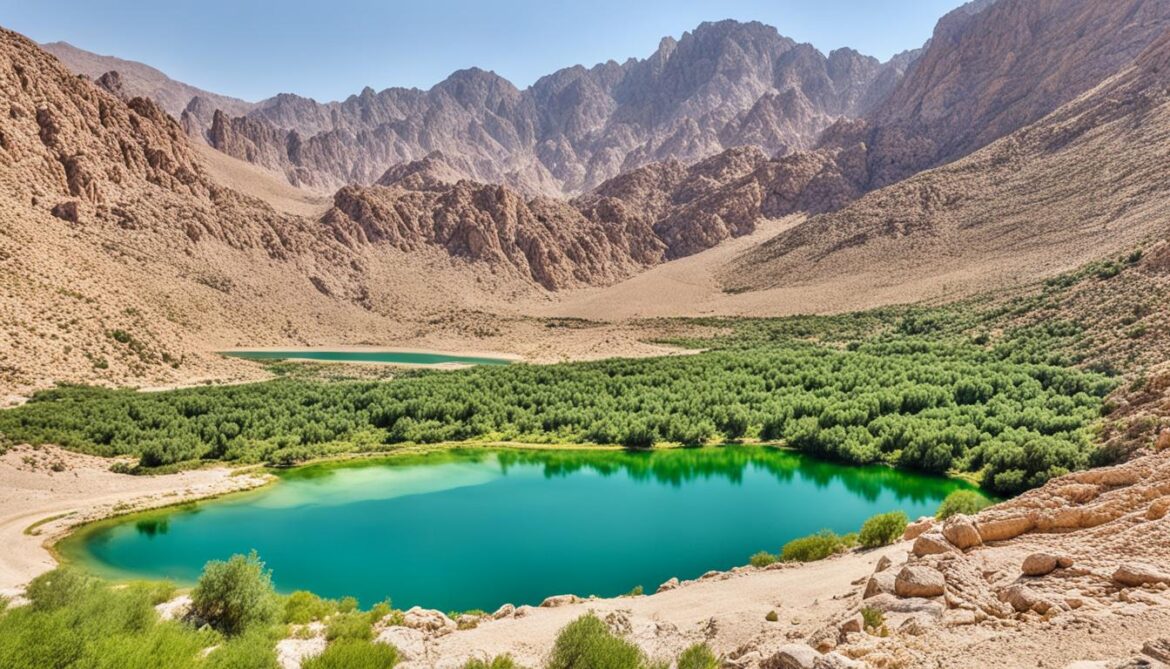
Recommended Activities
- Embark on a hiking adventure and explore the park’s breathtaking trails.
- Bring your bicycle and enjoy a scenic ride through the diverse landscapes.
- Engage in birdwatching and catch glimpses of the park’s unique avian species.
- Immerse yourself in nature photography and capture the park’s awe-inspiring beauty.
- Indulge in a peaceful picnic amidst the tranquility of the park’s picturesque settings.
Remember, Djebel Aissa National Park is a haven for wildlife and a sanctuary for nature. Let your visit be a harmonious journey, embracing the wonders of the park while respecting and preserving its natural treasures.
By following this visitor’s guide, you’ll be well-equipped to make the most of your trip to Djebel Aissa National Park. Immerse yourself in Algeria’s natural splendor, be mindful of the park’s conservation efforts, and create unforgettable memories in this remarkable nature reserve.
Conclusion
Algeria’s sacred natural sites and biodiversity are a testament to the unique intertwining of cultural and spiritual reverence with ecological diversity. These sites not only hold immense cultural and historical significance, but also play a vital role in the conservation of Algeria’s natural heritage.
Through ongoing conservation efforts, sustainable development projects, and scientific research, Algeria is committed to protecting and preserving its sacred biodiversity sites. These initiatives ensure that future generations can appreciate and enjoy the beauty and ecological richness of these natural treasures.
By prioritizing biodiversity conservation and environmental protection, Algeria is taking proactive steps towards safeguarding its sacred landscapes. The preservation of these sites not only contributes to the country’s cultural identity but also promotes sustainable tourism and fosters a deeper connection between people and the natural world.
FAQ
What are sacred natural sites and how are they related to biodiversity conservation?
Sacred natural sites are places that hold cultural and spiritual significance for local communities. These sites often have a close connection to nature and are considered sacred due to their unique ecological and spiritual qualities. Biodiversity conservation is closely intertwined with the protection of sacred natural sites, as these sites often harbor diverse flora and fauna and play a crucial role in maintaining ecological balance.
Why is Djebel Aissa National Park considered a hidden gem?
Djebel Aissa National Park in Algeria is considered a hidden gem because of its stunning physical features and diverse ecosystems. It offers visitors the chance to explore majestic mountains, deep valleys, and lush forests, all within a relatively undiscovered location. The park’s unique blend of natural beauty and cultural significance makes it a truly special destination.
What is the geography and climate of Djebel Aissa National Park?
Djebel Aissa National Park is characterized by its mountainous terrain, featuring majestic peaks and deep valleys. The park’s geography creates a range of microclimates, resulting in a varied climate with cold winters and hot summers. Visitors can experience diverse ecosystems within the park, from rocky slopes to dense forests, each with its own unique flora and fauna.
What kind of flora and fauna can be found in Djebel Aissa National Park?
Djebel Aissa National Park is home to a rich diversity of flora and fauna. It showcases numerous endemic species that are found nowhere else in the world, making it a valuable site for biodiversity conservation. Visitors can discover a variety of plant species, including rare orchids and medicinal herbs, as well as observe unique animal species such as Barbary macaques, golden eagles, and wild boars.
What recreational activities can visitors enjoy in Djebel Aissa National Park?
Djebel Aissa National Park offers a range of recreational activities for visitors to enjoy. Popular options include hiking and climbing, with well-maintained trails and paths suitable for all skill levels. The park also provides excellent opportunities for birdwatching and wildlife observation, given its abundance of unique and endemic species. Additionally, visitors can engage in nature photography, painting, and simply immersing themselves in the park’s natural beauty.
What efforts are being made to conserve Djebel Aissa National Park?
Djebel Aissa National Park has implemented various conservation strategies to protect its flora and fauna. These include species management programs, environmental education initiatives, and anti-poaching efforts. However, the park also faces environmental challenges such as deforestation, climate change, and poaching, which threaten its biodiversity and ecological health. Ongoing conservation efforts are focused on addressing these challenges and ensuring the long-term sustainability of the park.
What cultural significance and historical sites can be found in Djebel Aissa National Park?
Djebel Aissa National Park holds great cultural and spiritual importance for local communities. Many places within the park are considered sacred and have deep-rooted cultural significance. Additionally, the park is home to archaeological and historical sites that provide insights into the ancient cultures that inhabited the region. Exploring these cultural and historical aspects adds another layer of richness to the visitor’s experience.
How can visitors access and explore Djebel Aissa National Park?
Djebel Aissa National Park is accessible by road from nearby cities. Once inside the park, visitors can explore the various trails and paths on foot or by bicycle. It is important to follow park rules and recommendations to ensure the conservation of the park’s biodiversity and to have a safe and enjoyable visit.
Why are Algeria’s sacred natural sites and biodiversity significant?
Algeria’s sacred natural sites and biodiversity are a testament to the unique intertwining of cultural and spiritual reverence with ecological diversity. These sites not only hold immense cultural and historical significance but also play a vital role in the conservation of Algeria’s natural heritage. With ongoing conservation efforts, sustainable development projects, and scientific research, Algeria continues to protect and preserve its sacred biodiversity sites, ensuring a future where these natural treasures can be appreciated and enjoyed by generations to come.
Source Links
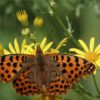
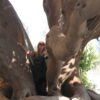
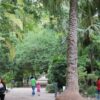



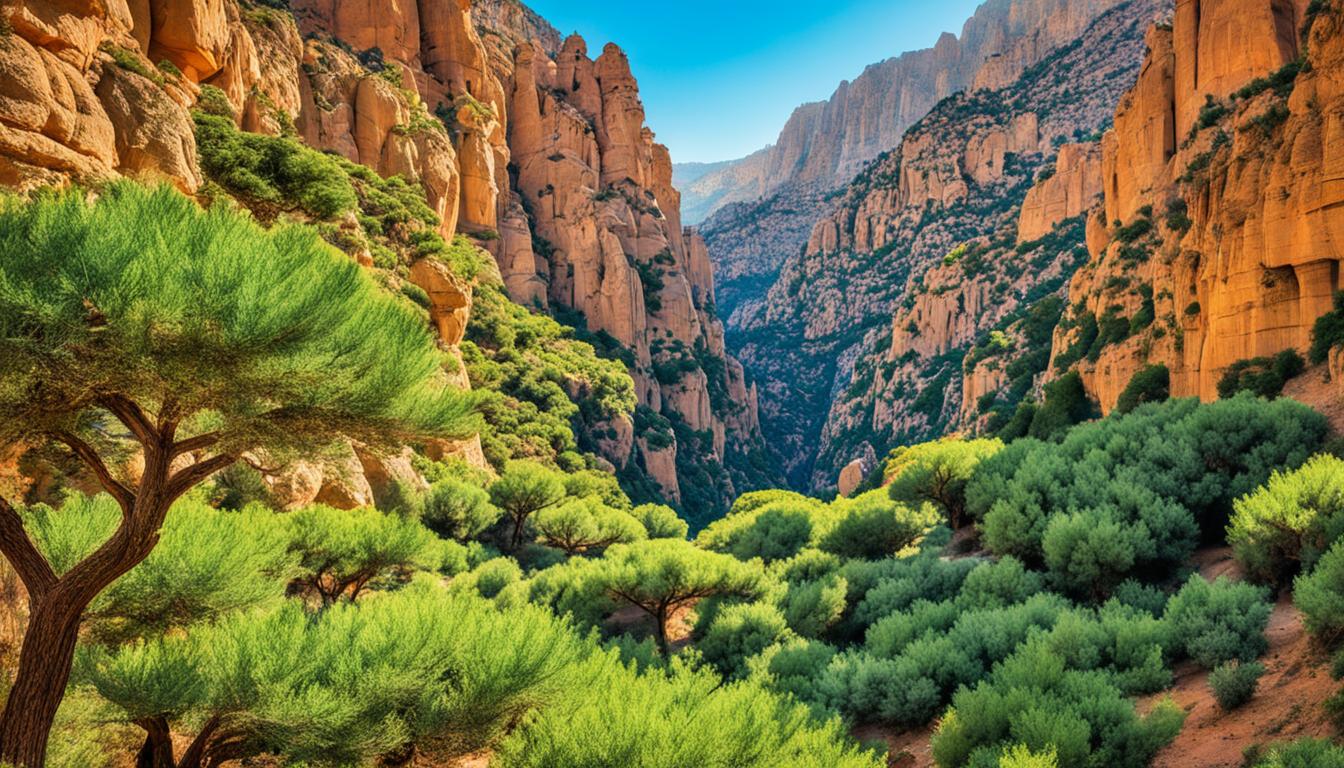






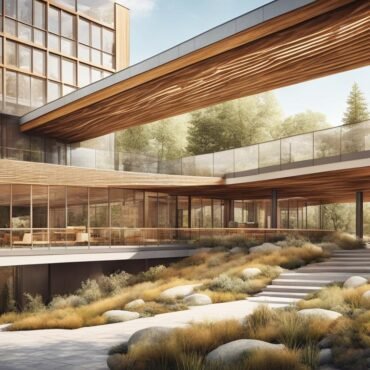
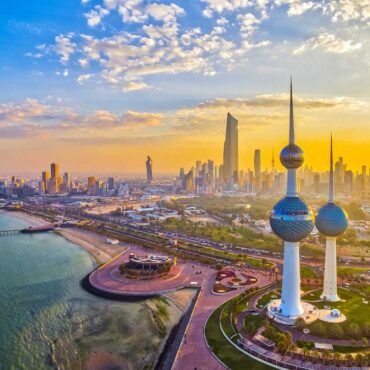




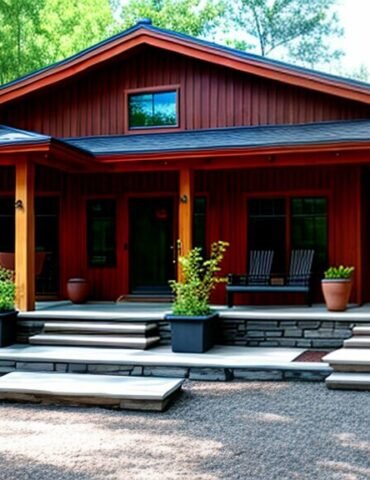

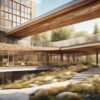


Post comments (0)